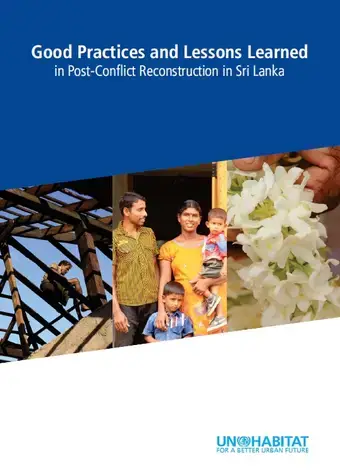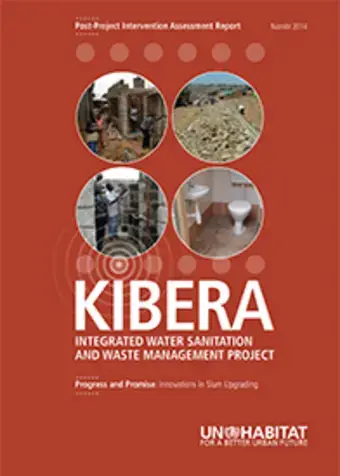Dubai, May 2018 – The 11th cycle of the Dubai International Award for Best Practices in improving the living environment was hosted by Dubai Municipality and UN-Habitat at the Dubai World Trade Centre. 10 winning practices were chosen from 524 submissions received from 89 countries. A Technical Advisory Committee comprising 10 technical experts familiar with the New Urban Agenda conducted the first evaluation and selected 110 good practices, with an international jury selecting the final 10 winners.
Winners of the 11th cycle of the Dubai International Award for Best Practices to Improve the Living Environment
 20 February 2018 - UN-Habitat and Dubai Municipality are pleased to jointly announce the winners of the 2017 edition of the Dubai International Award for Best Practices. The Award recognizes outstanding initiatives that are making valuable contribution to sustainable urban development along the priority areas of the New Urban Agenda.
20 February 2018 - UN-Habitat and Dubai Municipality are pleased to jointly announce the winners of the 2017 edition of the Dubai International Award for Best Practices. The Award recognizes outstanding initiatives that are making valuable contribution to sustainable urban development along the priority areas of the New Urban Agenda.
Jury begins evaluation for the 11th Cycle of the Dubai International Award
 Dubai Municipality 16 January 2018—A five-member jury drawn by the Dubai Award Secretariat as well as UN-Habitat this week began the evaluation process for the 11th cycle of the Dubai International Award for Best Practices.
Dubai Municipality 16 January 2018—A five-member jury drawn by the Dubai Award Secretariat as well as UN-Habitat this week began the evaluation process for the 11th cycle of the Dubai International Award for Best Practices.
First evaluation for the Dubai International Award submissions begins
Dubai 31, October 2017 – The Technical Advisory Committee (TAC) of the Dubai International Award is meeting in Dubai from 30th October to 2nd November 2017 to undertake the first selection stage of the 11th round of the Award. Consequently, the ten-member Committee will submit their findings, which include a list of submissions to be reviewed by an international Jury and a report detailing their key findings to the Director General of Dubai Municipality on Thursday 2nd November 2018. The Jury will be held in Dubai in January 2018 to select the winners.
Riverbank Filtration Project for Clean Water Production in Minya, Egypt
In line with the Hayat Project for Local Development objectives, UN Habitat in partnership with ‘Minya Drinking Water and Sanitation Company’ MDWSC and through technical guidance of the Holding Company for Water and Waste Water aims to provide clean drinking water using low-cost, environmentally friendly technology.



